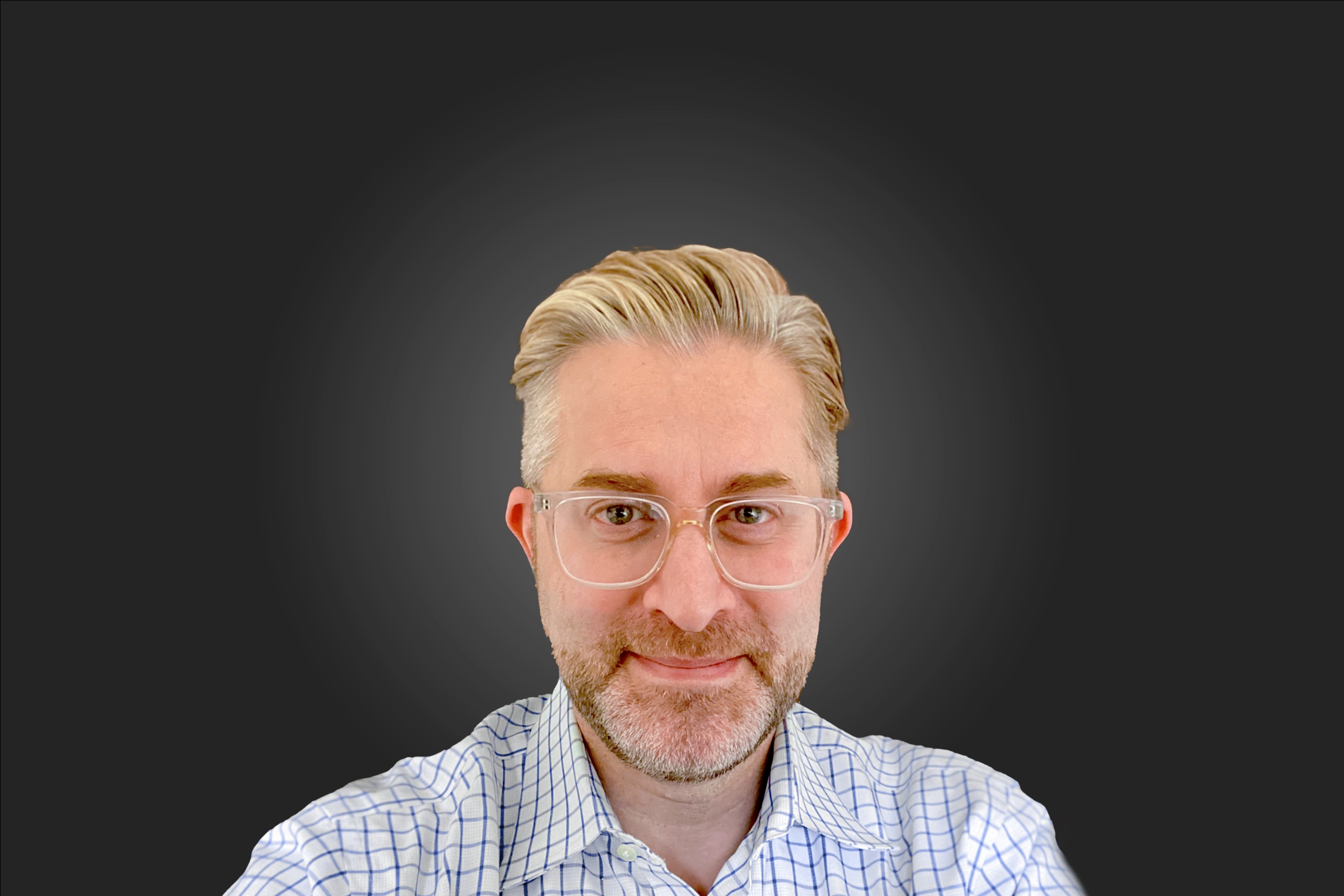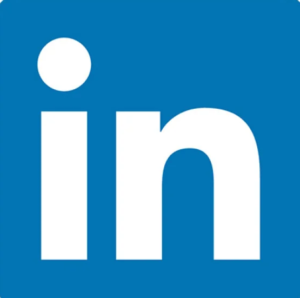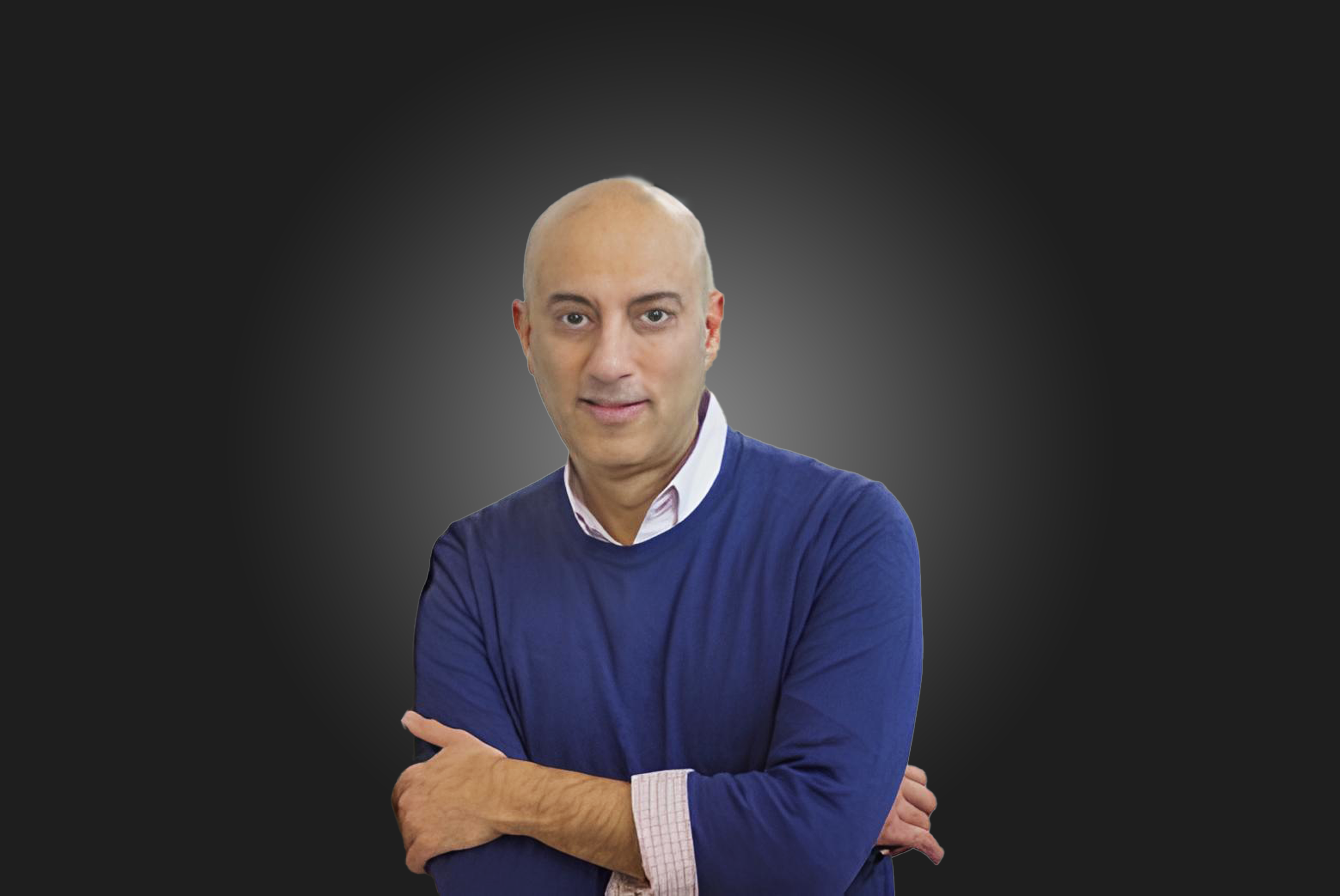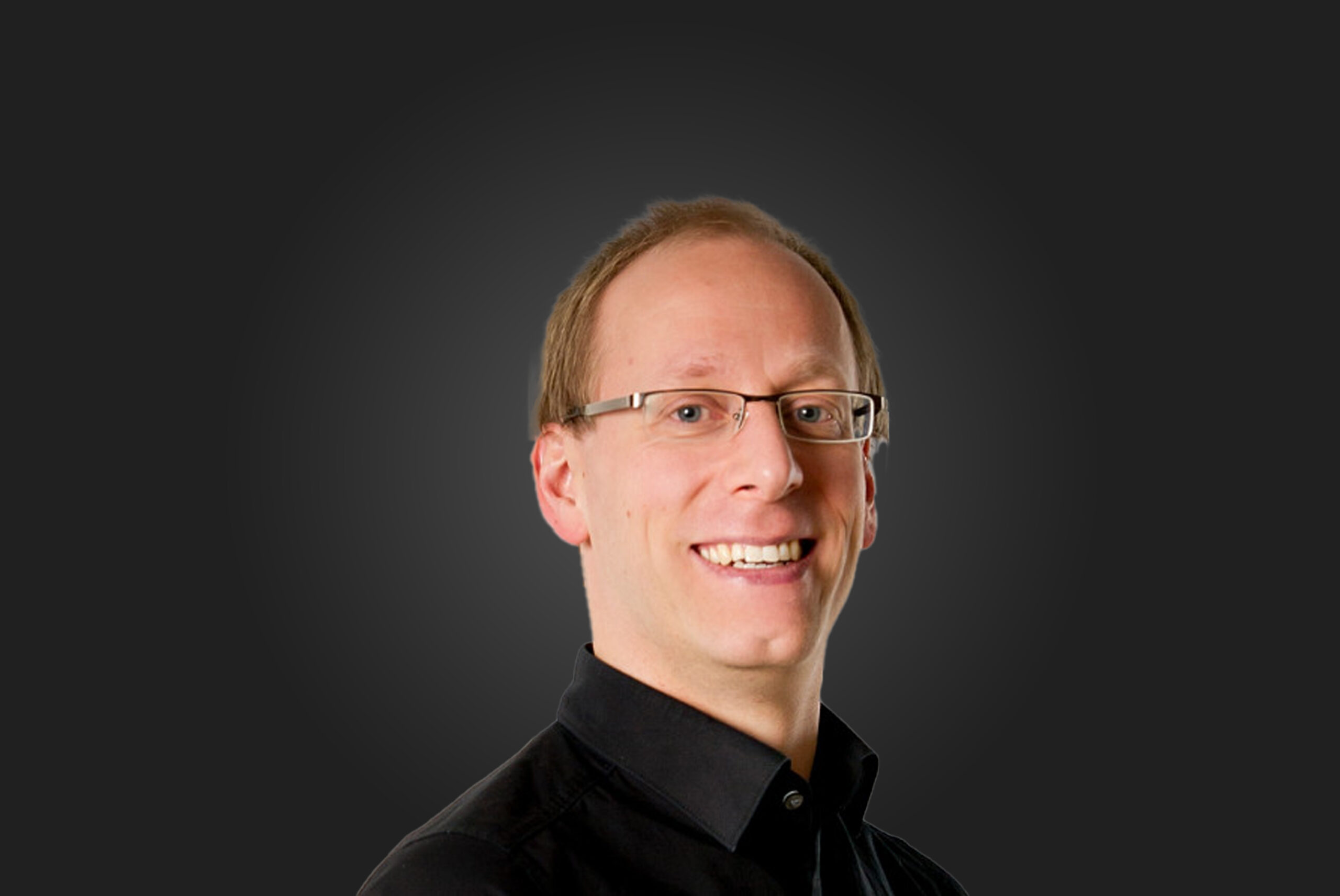In this edition of “The Executive Outlook,” we have the privilege of speaking with Mr. Adam Bloom, an author with 20+ years in the software industry, venture capital advisor, and a highly innovative personality. His life story is not just inspiring but also filled with strategic software industry insights as well as cultural sensitivity. His unique approaches to business can guide you on how to fill gaps and achieve success in your ventures.
When asked about his typical day, Adam, who has 20+ years in software, shared that he started in the software business in the last 1990s. He had an unusual educational background. Adam studied industrial design at Georgia Institute of Technology, which is leading engineering university. His coursework was a mix of business, science, and engineering, but his labs focused on product design and development.
Adam elaborated on this experience, saying,”I was an educated product design and development person. In our classes, the professor would bring in various products, like a coffee machine, and challenge us to reinvent them. This hands-on approach taught me to be a design thinker, a concept that has become quite popular today but still misunderstood. My undergrad thesis was in UI design.”
Reflecting on his career trajectory, Adam remarked, “Fast forward my career, I find myself with broad experience in the software industry. I started in product management and ended up exploring various facts of software.
He elaborated,”I have spent significant time in marketing, sales, product-led growth, consulting, and product marketing. This diverse experience has given me a unique ability to connect dots across different sectors and come up with innovative solutions that others might not see.”
Moreover, Adam’s passion for continuous learning and improvement is evident in his approach to problem-solving. He emphasized the importance of being open to new ideas and constantly seeking ways to improve existing processes. This mindset has not only helped him succeed in his career but also inspired many others to strive for excellence in their respective fields.
Adam shared a piece of advice for aspiring professionals: “Never stop learning. The world is changing rapidly, and to stay relevant, you need to be curious and willing to adapt. Embrace new challenges and view them as opportunities to grow.”
In addition to his professional achievements, Adam is also known for his cultural sensitivity. He has worked with teams from diverse backgrounds and believes that understanding and respecting different cultures is crucial for building successful global businesses. “Cultural sensitivity is not just about being aware of differences; it’s about valuing those differences and leveraging them to create a more inclusive and innovative work environment,”Adam explained.
Adam’s extensive experience spans working with seven different software companies both established and startups. He added, “I have started my own companies and failed more than once,” Adam explained. “There’s a proud honor in that—a badge of courage mixed with a lot of risk. The road is hard. People often tell entrepreneurs, “You have been an overnight success.” In reality, it took 10 years to get there.”
Expanding on his day-to-day activities, Adam shared, “As far as my day-to-day and the stuff I’ve been doing, this was for a company that had raised $10 million from Foundry Group in a series A round. Foundry Group was the main seed in Techstars, and we were also Techstars graduates.
He continued, “Sometimes you must pivot, and we just went through that. I ran sales in a product led growth model for the CRO. At a company that size trying to have a PLG motion, you want your sales team to be as small as possible. So, I was trying to figure out how to automate myself out of a job using generative AI.”
He emphasized the importance of being flexible and open to change, especially in the fast-paced world of startups.
He also highlighted the role of technology in modern business practices. “Generative AI has the potential to revolutionize how we approach tasks and processes,” Adam noted. “By automating repetitive tasks, we can free up time to focus on more strategic and creative aspects of the business. It’s about working smarter, not harder. The proof already exists, it is just a matter of time.”
He added “Over 18 months (about 1 and a half years), I spoke with over 100 companies in software and consulting to understand their business models, needs, and growth strategies. But I also handled active sales calls, emails, outbound campaigns, and so on. One of my strengths is strategic messaging and go-to-market strategies. It’s great to have a product, but you need to figure out how to communicate it effectively.”
Adam concluded, “Day-to-day for me involves managing inbound prospects, creating outbound emails based on AI, managing deals, and conducting revenue analysis. In a startup, you wear many hats. My roles have spanned sales, partnerships, channels, marketing, go-to-market, positioning, and targeting the right market segments. That’s been my bread and butter.”
He also touched on his recent focus, “Leading into the book I’ve been working on over the past year, particularly as generative AI has come to the forefront, I’ve been exploring how to use this technology to enhance my work. I’ve been involved in reporting, BI, predictive analytics, and AI since 2001, working with companies that sold machine learning data platforms. Being a word nerd and someone who has dealt extensively with English, I found generative AI fascinating because it felt like coding in English.”
“So, I immediately started playing with how I could use generative AI for various tasks. For about a year, I called many companies, trying to figure out how to use our platform to run generative AI apps. This exploration led to me writing a book about these experiences.”
Adam’s enthusiasm is palpable, “This technology is like a tool in your hand that can do anything, reducing dependence on others. It’s funny how it all comes together.”
He added “When you look at the problem here the world has changed. Earlier, the concept of a book changed with digital and Kindle, and now with generative AI, the concept of a book will completely change.
For example, if you were hiring salespeople back in the 1990s, there was a job requirement to have PowerPoint skills. Today, everyone has PowerPoint skills. It’s like being able to speak any language. Now, generative AI will be the new essential skill. So, we’re now in a situation where every company needs to look at their sales and marketing departments and their whole product strategy if they’re in a product-led growth model. There’s a huge overlap with their web and customer interactions in CRM. It’s all changing. I lived through the first and second era of CRM, and now it’s all going to change again. I could build an application for you based on generative AI, and it would even create the whole UI in Hindi without any additional coding.”
“There are massive opportunities for productivity, turning one person into fifty. My view is that sales, marketing, product-led growth, and customer success departments need to change, and there are different roles leading this change. It’s about shifting value greatly. Companies and products goes through stages of value inflation, stability, and then value outflow as competition grows. This happens to every company, and generative AI will force this on any business. It’s a fundamental economic and technology shift.”
Adam continued, “When you’re using generative AI in more advanced ways, the crazy thing about it is anyone can log on and quickly learn how to do something powerful. But the more powerful you want to make it, the harder it is. I met a guy in an Uber who paid someone to load his book into ChatGPT so he could ask it questions, and it was free. For anyone with a digital upbringing, they can figure out how to ask a question into something like a search engine.”
“But the richer the answers you need, the higher quality and more specialized input you have to give. So, if we feed in seed data, which is a small language model, and you give it quality information, it will train to answer much better.
“So, whether you’re an internal employee creating product information, a business case, a white paper, blog posts, or email copy, generative AI can help. I’ve done a lot of pilots with generative AI, and our company was moving into this space.
“Search is still based on numbers, scoring, and prioritization, and it’s massively complicated. But this is a whole new technology. Any customer request, anything communicated can be done by ChatGPT. You’re going to have to evolve, but the power is there without question. In 2010, AI was at a certain stage, and by 2020 it has advanced. Now, even though researchers have been working on it for years, 2022 was the first real year of commercialization. By the time my 10-year-old daughter is 18, college will completely change.”
To answer what inspired him to write his book, Adam replied, “The inspiration was seeing how generative AI can truly change the game for businesses and individuals. It’s like having a superpower that can amplify your efforts and creativity. This technology can transform how we approach problems, streamline processes, and unlock new opportunities that we couldn’t even imagine before.”
I love technology and because I’ve done so much content with this generative AI stuff, it’s cool to me, and I’ve always been interested in chat bots.
Adam expressed more on this topic by saying, “My personal belief is every single business exists to serve others. One of my favorite business quotes, often misattributed to Gandhi, is ‘The most important person on our premises is the customer. We are here to serve them. They are not here to serve us.’ So that’s my mentality regarding customers. Anytime I’m going to use generative AI, I’m thinking about customer benefits, how do I help somebody improve their life? If you do that well, you get paid for it. Every business, I don’t care if you’re a dentist or a car salesperson. That has always inspired me.”
To switch gears from the above topic to a personal one, “In 2010, I went through a very hard time in life. I started to study neuropsychology because I wanted to know what was going on in my head. And 14 years later, I’ve been trying to apply neuropsychology to business, my own personal growth, and in some life coaching where I help people, like college students who are struggling to figure out what they want to do with their life.”
Adam shared more about his experiences and life stories. He said, “I’ve always helped friends. This kind of executive life coaching is something I want to do in the future. But I wrote a second book in January, ‘The Grateful Organization,’ which you might have run across. This book is about building gratitude inside a company, both top down and at a ground level
He continued, “What inspires me is to be able to use this kind of stuff because humanity is going to change. There’s going to be major job loss. There’s going to be major upskilling. My aim is to help leaders treat people well through this transition. If you’ve ever worked for someone unappreciative, you know how disheartening that is. No one on Earth says, ‘Oh yeah, I’d like to work for someone who isn’t appreciative of me.’ Everyone wants to work for someone grateful for them. So, the concept is to overlap my psychology interests and my software interests. That also inspires me to make generative AI my main hustle while using neuropsychology to help people enjoy their business life more.”
Adam’s vision for the future is not just about leveraging technology for efficiency and productivity, but also about fostering a culture of gratitude and appreciation in the workplace. He believes that using the principles of neuropsychology, it is possible to create more humane and fulfilling work environments.
He concluded, “We are on the brink of a significant transformation in how we work and live. My goal is to ensure that this transformation is positive, and that people feel valued and appreciated throughout the process. By helping leaders understand the importance of gratitude and while using AI to facilitate better communication and understanding, we can build a better future for everyone.”
Adam’s journey, filled with failures, professional achievements, and personal growth, serves as a powerful reminder of the impact of perseverance, continuous learning, and a commitment to serving others. His insights offer valuable lessons for anyone looking to navigate the complexities of the modern business world with empathy and innovation.
Click here to read more inspirational stories from our next series of executive outlooks.
Editor Bio

I’m Isha Taneja, serving as the Editor-in-Chief at "The Executive Outlook." Here, I interview industry leaders to share their personal opinions and provide valuable insights to the industry. Additionally, I am the CEO of Complere Infosystem, where I work with data to help businesses make smart decisions. Based in India, I leverage the latest technology to transform complex data into simple and actionable insights, ensuring companies utilize their data effectively.
In my free time, I enjoy writing blog posts to share my knowledge, aiming to make complex topics easy to understand for everyone.





